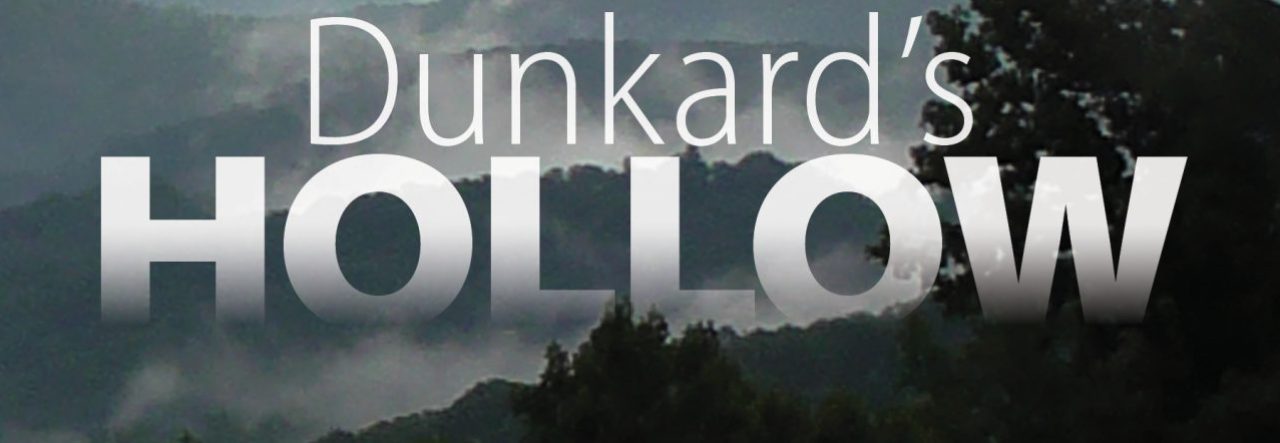I grew up with the story of how my dad almost flew on the Enola Gay with Col. Paul Tibbets and the crew of the 509th Composite Group that dropped the bomb on Hiroshima, Japan in August of 1945.
Dad … 509th … Enola Gay … Hiroshima … Tinian … Almost …

All those words floated through my life like banners behind passing biplanes. As I grew up, the words came into sharper and deeper focus. Like my friend whose father was stationed at Pearl Harbor on Dec. 7, 1941, and my cousin whose father worked on the Manhattan project — and another cousin whose sister was a Code Girl, I had a tenuous link to history that I barely understood — a tenuous yet unbreakable link that spurred my curiosity.
My atomic roots made me a daughter of history, so to speak, and gradually it made me a keeper of history. Stories like these, as they coalesced and began to form a kind of web, taught me two things.
The first lesson was the compelling nature of history. How I wish I had better understood that as a child! If I had, I would have given myself extra years to explore the history so widely documented that touched my life. I would have had an opportunity to hear firsthand from those closest to that history. But so many have left us, taking their memories with them. That chance is gone. I am left only with what they left behind.
The second lesson is this: Contrary to some popular memes, focusing on the past does not make one less able to embrace the present and the future. Instead, it educates us how to step forward. One of my favorite quotes is from Sir Winston Churchill who said: “If the present ignores the past then there’s no hope for the future.”
There is wisdom there — and a call to action: To turn memory into written words.
I am beginning to work on a collection of family stories. These, like my atomic history, will touch other histories — of wars, of John Brown’s hanging, of the first bridge over the Big Muddy, and even of a face behind Ronald McDonald. Yes, really. These stories touch the significant and the insignificant, the remarkable and the unremarkable, the important and the seemingly unimportant.
No history, however, is truly unimportant. None.
While genealogy connects us to ancestors, it is those ancestors’ histories and stories that teach us and ground us. What I learn from my atomic roots will be thrilling and certainly thought-provoking. And I am determined to record them because history and its power to guide us ends with memory — unless it is turned into written words.
